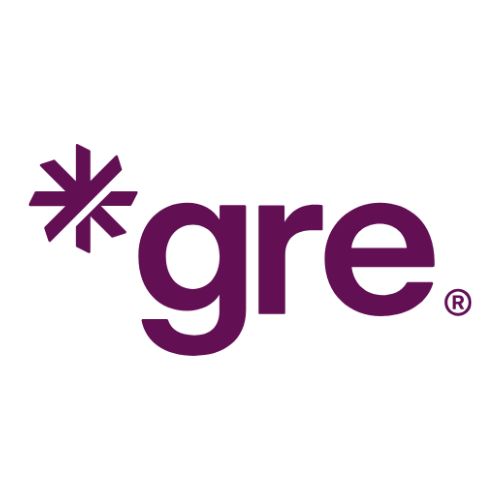Planning to study abroad or work in an English-speaking country? The GRE exam opens doors to global opportunities. Accepted by over 1,300 universities worldwide, including top institutions and scholarship programs, the GRE evaluates your analytical, verbal, and quantitative skills.
Whether you’re aiming for graduate studies in the US, Canada, Europe, or elsewhere, a strong GRE score can be the key to unlocking your academic and professional future.

The Graduate Record Examinations (GRE) is a standardized test used by universities, especially in the United States, to assess the academic readiness of prospective graduate students. It measures skills in three key areas: Verbal Reasoning, Quantitative Reasoning, and Analytical Writing. The exam is administered by the Educational Testing Service (ETS) and is taken by individuals aiming to pursue graduate-level studies in various fields.
| Aspect | Details |
|---|---|
| Conducting Body | Educational Testing Service (ETS) |
| Mode of Exam | Computer-based (Most Common), Paper-based (For Specific Locations) |
| Test Fee | INR 22,550 (for General Test) |
| Duration | Approximately 3 hours 45 minutes |
| Validity | 5 years |
| GRE Test Types | General Test, Subject Test |
The Graduate Record Examination (GRE) is an essential part of the admission process for graduate programs across universities globally. If you’re planning to pursue a Master’s or Ph.D. abroad, understanding the GRE exam pattern, eligibility, preparation, and scoring system is crucial.
At Flying Chalks Overseas, we guide you through every step of the process, helping you ace the GRE and secure your place at top universities. Whether you’re a student or a working professional looking to study abroad, the GRE is a key to unlocking opportunities for higher education and scholarships.
The GRE is offered in two main formats:
This is the most common type of GRE taken by applicants seeking admission to graduate schools in a variety of disciplines. It assesses the following:
These are specialized tests that assess knowledge in specific areas like Mathematics, Physics, Psychology, and more. These are usually required for more specific programs that require advanced subject knowledge.
| Exam Type | Fee (INR) |
|---|---|
| GRE General Test | 22,550 |
| GRE Subject Test | 14,500 |
| Rescheduling Fee | 5,000 |
| Additional Score Reports | 2,900 |
| Test Center Fee | 5,000 |
The GRE General Test is divided into three main sections:
The GRE General Test has no strict eligibility requirements. However, most universities require candidates to have a Bachelor’s degree before taking the test. There are no age restrictions for the GRE, and you can take the test at any stage of your academic or professional career.
For those opting for the GRE Subject Test, it is recommended to have a strong background in the subject area you wish to test in. GRE Subject Tests are more specialized and are often required for admission to specific programs that need in-depth knowledge in a particular subject area, such as Mathematics, Physics, or Psychology.
| Section | Score Range |
|---|---|
| Analytical Writing | 0-6 (Scored in half-point increments) |
| Verbal Reasoning | 130-170 (Scored in 1-point increments) |
| Quantitative Reasoning | 130-170 (Scored in 1-point increments) |
GRE Composite Score = Sum of the Verbal and Quantitative Reasoning Scores (Range: 260-340)
Preparing for the GRE requires time, dedication, and a structured study plan. Here are some tips to help you score well:
You can register for the GRE General Test online through the official ETS GRE website. Follow these steps to register:
The GRE exam is designed to assess a student’s readiness for graduate-level studies. The difficulty of the test varies depending on your preparation. With the right study plan and consistent practice, you can achieve a great score.
A good GRE score depends on the program and university you’re applying to. Generally, a score above 320 (combined Verbal + Quantitative) is considered competitive for top universities.
Prepare for the GRE by starting early, understanding the exam pattern, practicing with mock tests, and focusing on improving your weak areas. Join GRE coaching classes or use online resources for a structured approach to preparation.
Copyright © 2025 Flying Chalks Overseas | All Rights Reserved
WhatsApp us